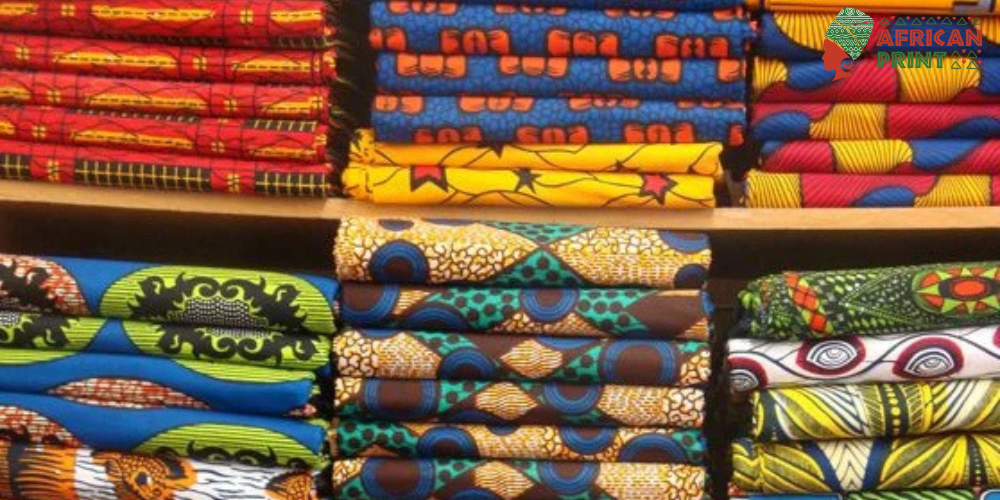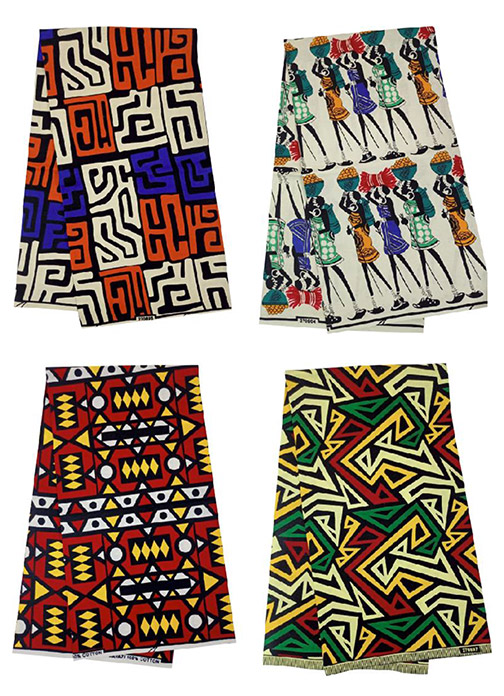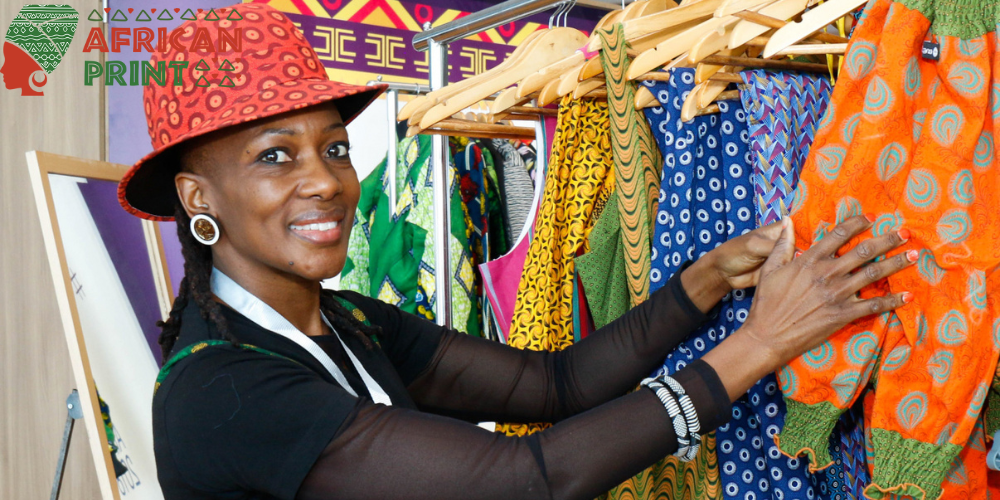It can be exciting to find buyers for african print market. Especially when cultural textiles have gained popularity in market. If you are thinking where to start, then you come to the right place. Here are some tips you can follow to find genuine buyers.
Understanding Your Market African Printed Fabric
Research the Demand
Before diving into selling, it’s vital to understand who wants to buy African-printed fabric. Start your journey by:
- Finding Markets in Your Location: Stroll through maker spaces, craft fairs, or festivals in your area. You may stumble upon fashions designers, artisans, or individuals that appreciate unique textiles. Also, pay attention to trends, and notice what aesthetics and types of prints drew people’s attention.
- Online Communities: Websites like Reddit or fabric-specific forums have active communities talking about textile trends. Monitor conversations about African prints, designers seeking fabric, or individuals looking for project ideas.
Identify Potential Buyers
Take note of:
- Fashion Designers: Mostly designers often look unique collection fabrics. Reach out through social media or fashion communities. Where you can find a connection on these platforms like insta & fb also.
Leverage Social Networks
A friendly approach goes a long way.
- Facebook Groups: Join groups focused on fabric buying or African prints specifically. Engage with posts, share your products, and get feedback. The personal connection often leads to sales.
- Link with Influencers: Collaborating with fashion influencers who appreciate African textiles can expose your fabric to a larger audience. You might offer them some samples in exchange for promotion on their platforms.
Engaging with Local Businesses
Partner with Local Boutiques
Local boutiques can be an excellent avenue for selling fabric.
- Consignment Agreements: Suggest leaving some of your fabric on consignment at a local store. They display your work with no upfront investment and you gain a new source of customers.
- Networking: Attend local events or fashion shows related to the industry where you can network with boutique owners and fellow creators. Developing personal relationships may open up new collaboration opportunities.
Attend Trade Shows
Trade shows offer an ideal opportunity for meeting buyers and industry representatives.
- Textile Expos: Look for textile experience-type exhibitions on cultural fabrics or handmade products. In-person meetings may lead to a partnership in the future, and they may provide valuable suggestions on how to improve your offering.
“The best part of attending these types of events is connecting the right people sometimes feel like a goldmine! So, always have your business cards along with some samples!”
Expanding Your Reach with African Printed Fabric
Explore International Markets
Don’t limit your search to just local buyers!
- Shipping and Logistics: We need to find international shipping options. Offering may be affordable or free shipping on larger orders can be a great incentive for international buyers.
Social Responsibility
You can do focus your story behind your fabric through which inspire many buyers.
- Ethical Sourcing: If your fabric is supports local artisans, you can include in your marketing strategy. There is lot of consumers available in market who finds brands that share their values.
Building Relationships
Stay Connected
Once you have connected with buyers, it is important to assume that relationship is going to last.
- Follow Up: After a sale, send a thank-you note or ask for feedback. These gestures will certainly go a long way for your future business.
- Loyalty Programs: You could also create a loyalty program or schedule discounts for returning customers. I think everyone loves a good deal, and that tends to motivate future purchases.
Stay Engaged
Continue to keep your fabric, along with its story, top of mind for your buyers.
- Newsletter: A monthly newsletter that showcases new fabric offerings, ideas, or share a story about the fabric will keep buyers engaged, and with a little effort, create anticipation for your next newsletter.
As you explore these channels, remember to reach out in a friendly way, as this may lead to the ultimate goal of identifying buyers who are looking for African-printed fabric. And don’t forget that the process is as important as the end product- so have fun with all of the steps toward your goal!



